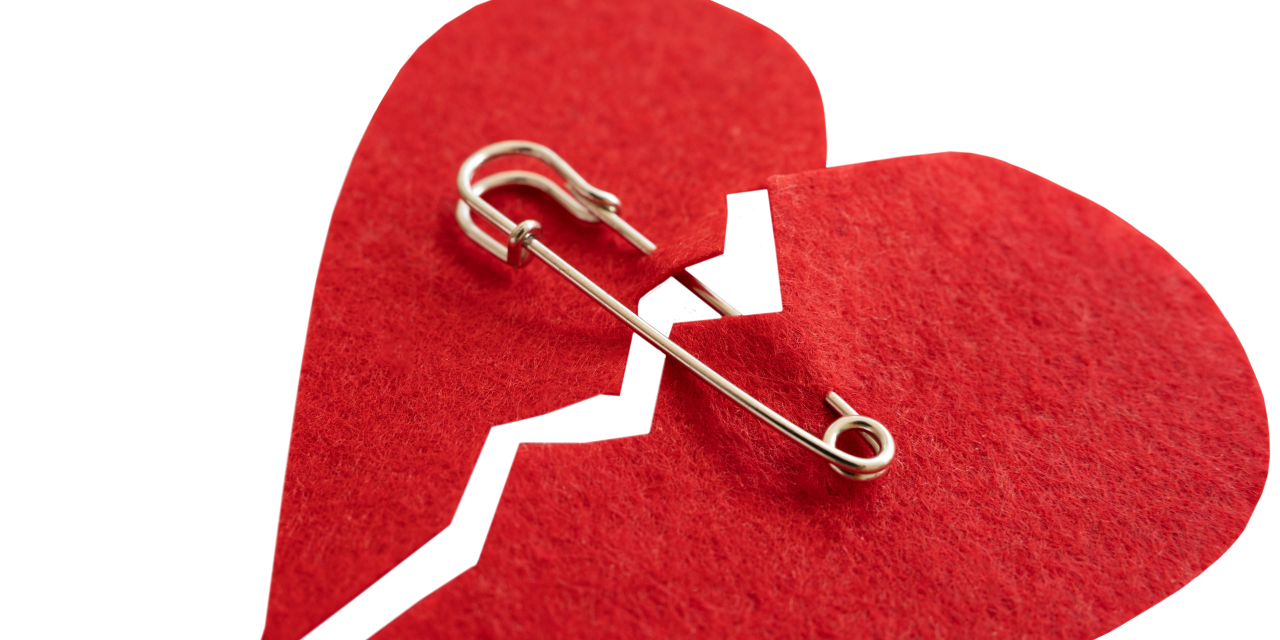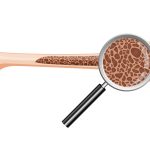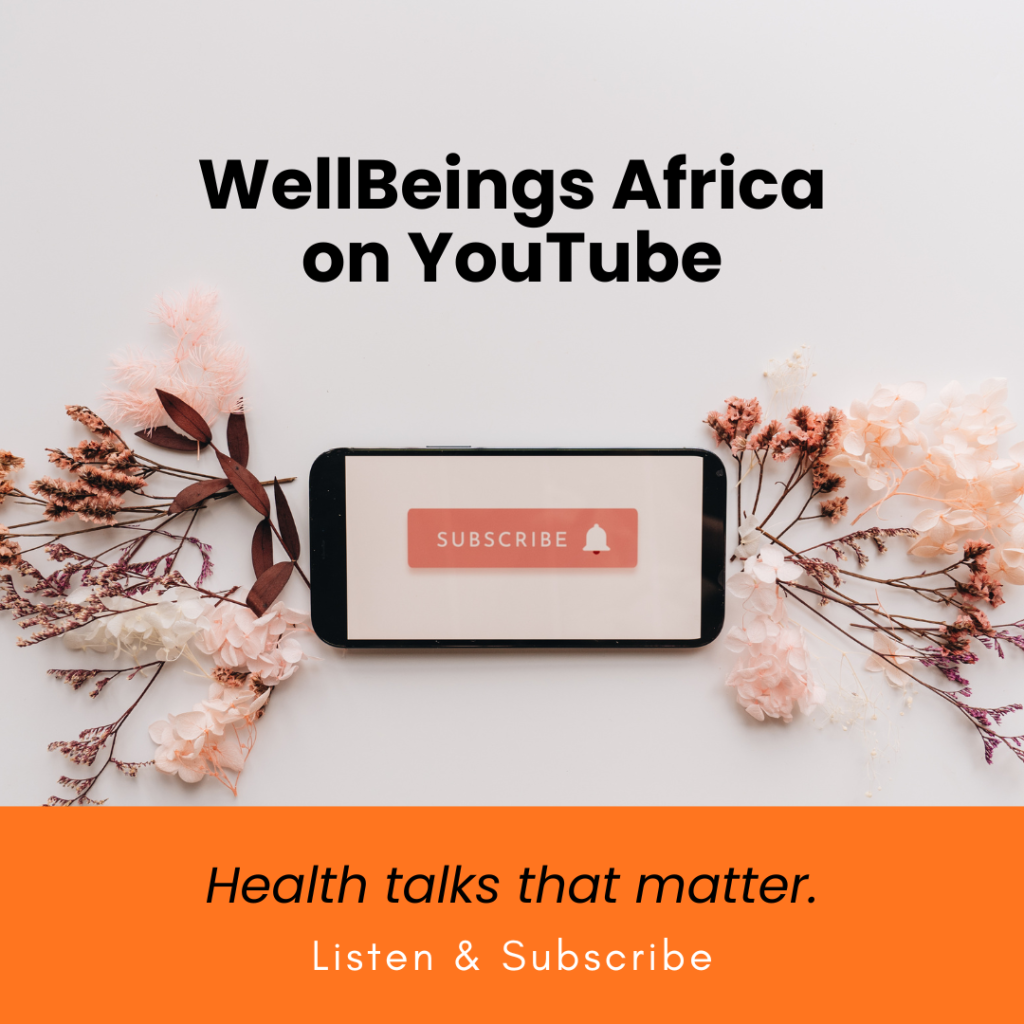Let’s learn more about Takotsubo Cardiomyopathy; how sudden stress can break your heart
It sounds like something from a movie, but Broken Heart Syndrome (Takotsubo Cardiomyopathy) is a temporary heart condition triggered by extreme emotional or physical stress.
What does Broken Heart Syndrome mean?
Takotsubo Cardiomyopathy is a medical issue that is brought on by severe emotional or physical stress. Thankfully, it’s not that common, but we must still take it seriously.
When this condition occurs, the heart muscle “weakens”; something that can be seen on a heart imaging test. The official name, “Takotsubo” is Japanese for “octopus trap”. This is a literal description of the way the heart’s shape morphs during the syndrome. The condition mainly affects women, particularly post-menopausal women over 50.
What happens during Broken Heart Syndrome?
It could be anything sudden, momentous, unexpected; the death of a partner, a traumatic car accident, a severe phobia. It could even be an incident that would normally be a happy occasion, like winning millions in the Lotto! What makes this syndrome occur is the sudden onset of these excessive emotions that are so intense, they are almost too much for your body to handle.
What matters is the impact on your heart. When Takotsubo Cardiomyopathy strikes, these situations flood your body with stress hormones that temporarily weaken the heart muscle, mimicking symptoms of a heart attack.
We often think of heartbreak in emotional terms, but there’s more to it than that. Your body can experience similar strain during intense physical stress. For example, going through a severe asthma attack, or a stressful infection can take its toll on you. These physical triggers, much like emotional ones, can push your heart into overdrive, leading to the same temporary weakening.
Remember, your heart doesn’t know the difference between sources of stress; just that it’s being pushed to its limits.

Key risk factors of Broken Heart Syndrome
The connection between our emotions, physical health, and heart is a reminder to take care of ourselves from the inside out. From managing stress to prioritising rest, a little self-care goes a long way in keeping your heart strong and steady, and lowering your risk for Broken Heart Syndrome.
- Women, especially post-menopausal women, are at a much higher risk than men due to hormonal changes.
- The condition is more common in people over 50 years old.
- Physical and emotional stress play huge roles in the condition. For example, dealing with a death in the family, going through a traumatic divorce, financial loss or job stress, or experiencing a severe illness.
- People with anxiety, depression, or a history of psychological trauma may have a heightened risk. Further, medical conditions, such as a chronic illness or hormonal imbalance, could impact your risk for Broken Heart Syndrome.
- Another factor to consider is medication or drugs that could cause a surge of adrenaline, such as decongestants, Epinephrine (used to treat allergic reactions), illegal narcotics, and certain antidepressants.
Help at hand
Managing stress is essential! Do your best to find techniques that help you process your emotions. Exercise is also a wonderful tension-reliever. Try to avoid situations and environments that provoke intense emotions, as these can trigger unnecessary stress. Small, consistent steps to reduce stress can make a big difference.
What you eat plays a vital role in your heart health. Nutrient-packed foods can strengthen your heart and improve overall health. At the same time, try to cut back on salt, sugar, and processed foods, which can strain your heart over time.
Protecting your heart also means avoiding substances that can overstress it. Try to cut back on caffeine and nicotine, and stay away from illegal drugs. These stimulants can put unnecessary strain on your heart and increase your risk of complications.
Routine health checks are just as important as these lifestyle changes. Regular visits to your doctor or cardiologist can help catch any potential issues early and ensure that your heart is in good shape.
And as always, please see a doctor or visit the clinic if you experience any worrying symptoms.
Images: Freepik





















